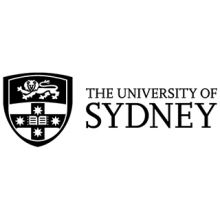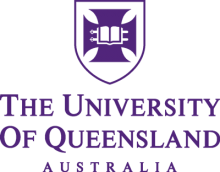Domestic students can feel more isolated on campus than their international peers, as their inability to escape their own subcultures leaves them feeling lost in the crowd, according to a leading vice-chancellor.
Michael Spence, head of the University of Sydney, said internal research had found that the overseas learners who comprised 47 per cent of the institution’s 70,000-odd enrolments were among those who felt “most bonded to, most loyal to and most at home” at university.
“Our domestic students, on the other hand, reported significant social isolation as they came to university and mixed with students who were just like them,” Dr Spence said.
Addressing the Times Higher Education Australia Universities Forum, which Sydney hosted, Dr Spence said domestic students arrived with a burning desire “to meet the other, whomever the other might be”.
“They come expecting university to be this exciting place where they’ll meet all sorts of exciting people,” he said. “[But] by the time they balance their part-time job and commute, it’s too easy for them to spend time with people just like themselves.”
Many educationalists have argued that social isolation is particularly acute among international students.
University of Queensland chancellor Peter Varghese told the forum that, as international student numbers snowballed, their perceptions that they were “not getting enough of an Australian experience” would amplify.
Mr Varghese, a former Australian high commissioner to India who went on to head the foreign affairs department, also warned of “pushback” from domestic students questioning whether their experience at university was “sufficiently Australian”.
He said the balance between international and domestic students had become “spectacularly wrong” at some universities, with some courses being made up of 80 per cent to 90 per cent international students.
Mr Varghese declined to specify an ideal balance of domestic and foreign students, but said 90 per cent international was not appropriate. “I don’t think 50-50 is necessarily the answer but you want a mix that is sustainable,” he said.
However, Dr Spence said Sydney’s internal research suggested students were most satisfied in skewed classes. Both international and domestic students seemed happiest in classes with mostly overseas enrolments, with programmes dominated by locals the next most popular category.
“It’s the classes of 50-50 where we have issues in relation to integration. We’re just working on beginning to understand what that’s all about,” he said.
Dr Spence said classes in Australian universities could be so big that students only ever did group work with people from their own subcultures. “It’s not that they’re necessarily miserably lonely. It’s that it takes a little effort for university to deliver what they want.
“The city in which we operate is highly ghettoised not only by ethnicity and socio-economic status but even by sexuality. A big focus of our current student experience work is on the social engineering that reduces the transaction cost of spending time with students who are different to you. It’s a joy when you see domestic students connecting across the city.”
POSTSCRIPT:
Print headline: Domestic students feel isolated
Register to continue
Why register?
- Registration is free and only takes a moment
- Once registered, you can read 3 articles a month
- Sign up for our newsletter
Subscribe
Or subscribe for unlimited access to:
- Unlimited access to news, views, insights & reviews
- Digital editions
- Digital access to THE’s university and college rankings analysis
Already registered or a current subscriber?








